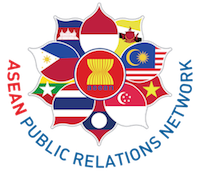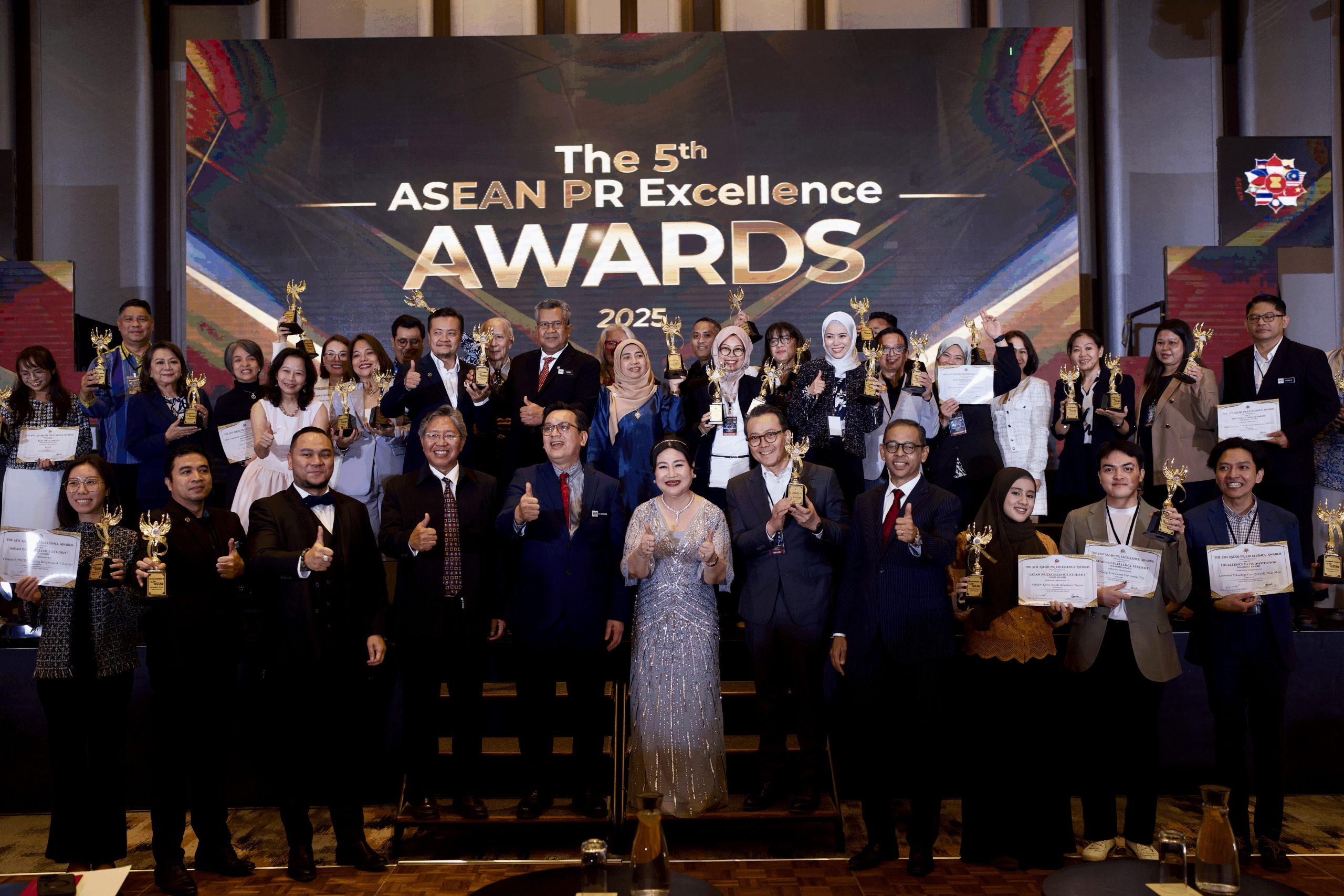October 8, 2017
I just came back from the first Asean public relations (PR) Conference in Bali, Indonesia, hosted by the Asean PR Network and the Global Alliance of Public Relations. This conference brought together exciting speakers representing various industries and sectors from all over the world, who provided fresh and exciting perspectives on the PR profession. The gathering was extra special, since it marked the Asean’s 50th anniversary.
Together with Professor Anne Gregory of the University of Huddersfield as a copresenter in Global and Asean PR competencies module, we attempted to answer these key questions:
Is there a shared set or framework of PR capabilities that defines the profession globally? How can such a framework be of practical value for professional development at national, regional or global levels?
I tackled the Asean PR competencies, anchored on the belief that the practice of PR in the Asean region will continue to be challenged, as it upgrades knowledge, skills and values of people in the profession to meet the needs of the PR best practices today and the future. And, as I say that, two important things come to mind. First, not enough Asean PR practitioners are spending time on emerging PR skills that should now be a vital part of professional practice; and second, many of those entering the PR industry are not academically prepared.
Benchmark surveys to determine where PR stands and where it is headed have already been conducted by professional PR organizations and institutions in many parts of the world: the United States, the United Kingdom, Australia and Japan.
The Philippines, through the Public Relations Society of the Philippines (PRSP), conducted a benchmarking investigation of the “State of Public Relations Profession in the Philippines” via survey conducted by VOX Opinion Research in 2014. The survey was conducted online with 113 respondents, which include members of the PRSP, the International Association of Business Communicators Philippines, officers from the Philippine Information Agency, information/communication personnel of government agencies and private corporations and university officials and professors.
Early this year, a second benchmarking activity was conducted, but this time limited to an informal dialogue among Asean PR professionals. While the participants in the benchmark survey and dialogue were diverse, several commonalities emerged from these questions: What is the role of PR today and in the future? What knowledge, skills and values are vital for success, now and in the future? What factors will impact on the PR professional’s knowledge, skills and values? What kind of partnership activities should academe and the PR industry implement?
Manifold challenges facing the PR profession
PR as a business continues to grow steadily. PR multinational companies have established their operations in the region. International advertising agencies with PR services compete forcefully with a number of local PR agencies. One-man bands and “lean and mean” PR-consultancy groups are mushrooming, too.
The lack of qualified professionals continues to hound the PR industry. The practice has expanded from publicity and media relations to strategic communication and digital PR, which include crisis-response planning, advocacy and corporate social responsibility, government relations, community engagement, activation and experience management. And, with its strategic function, PR moves beyond earning space and time as more and more PR heads deserve the distinction of getting invited to be part of their company’s executive committee.
Continuous learning is critical. As the industry evolves, PR professionals will need to be more knowledgeable, adaptable, open minded and flexible to manage ongoing change at every career stage, regardless of industry or PR specialization.
Fundamental skills will remain essential. Knowledge, skills and abilities have to be constantly updated to remain competitive and to help their organizations do the same.
PR professionals are enablers. They will be more integrated into the daily routine of all functions within their organizations, and the profession will always be defined by its name: establishing, facilitating and maintaining mutually beneficial relationships with valued stakeholders or “publics”.
PR professionals are relationship builders. They are gatekeepers and networkers, considering the expanding list of stakeholders they have to deal with.
PR professionals are expert communicators. They adapt to the changing media landscape, especially in online news and social media. Expertise in the basics of good writing, pitching, communications and crisis management will remain vitally important, although the skill set needed to strategically implement these basics may become more technical. They understand and leverage the fact that their public’s preferences are changing from being consumers of traditional channels of communication to social-media formats.
PR professionals are influencers. They understand different kinds of communication—from advertising to PR to crisis communication and digital media. They play an increasingly critical role in providing strategic thinking and counsel for organizations.
PR professionals are strategic thinkers and counselors. They assume a greater role as trusted advisors to their CEOs as the landscape by which reputation is enhanced and protected becomes increasingly complex and challenging, prove return on investment relative to PR strategies and campaigns, and serve as guides and counselors for ethical behavior.
PR professionals are integrated marketing communicators. They see integration between branding and PR, with PR playing an elevated role in branding.
Critical areas in PR competencies.
Knowledge, skills and values are extremely important. Knowledge covers business literacy (understanding of the industry, organization or agency they work for), communication models and theories, ethical practice, corporate governance and corporate social responsibility. Skills include persuasive writing, presentation, negotiation, client servicing and account management, researching, planning, implementing and evaluating programs, media relations or blogger relations, crisis-communication management and using information technology efficiently. Values embraces problem solving, initiative and enterprise, planning and organizing, self-management, learning and technology.
Sophisticated PR measurement and evaluation systems are now staples. Everything in PR must be measured. These tools can demonstrate the substantive contribution of PR in achieving an organization’s short-term and long-term goals. Develop better measurement tools and better understand scientific measurement. PR professionals must be more focused on results, better able to demonstrate and explain the ROI of PR.
Research should be in every PR person’s menu. PR professionals count communication and strategy as the most essential skills in their practice. But, one cannot put those skills to good use without a foundation of research and information gathering—market and industry research, news tracking and competitive analysis. PR requires different research methods to know clients better, define targets more efficiently and choose communication platforms more appropriately.
Stronger linkages and collaboration with academe are essential. Communications programs in universities must adjust their curricula to the demands of the current practice, while PR societies must develop mechanisms that can respond to the expressed needs of the industry.
While the results can very well reflect the sentiments of PR people in other Asean member-states, it is highly recommended to replicate the benchmark study and the dialogue among PR industry leaders in other Asean member-states in order to generate a collective reading on the issue of PR competency in the region.
John C. Maxwell said, “Competence goes beyond words. It’s the leader’s ability to say it, plan it and do it in such a way that others know what you know how—and know that they want to follow you.” A very apt description of PR and PR people’s real essence: Great performance that brings great results!
PR Matters is a roundtable column by members of the local chapter of the UK-based International Public Relations Association (Ipra), the world’s premier organization for PR professionals around the world. Bong R. Osorio is a communications consultant of ABS-CBN Corp., SkyCable, Dentsu-Aegis Network and government projects, among others, after retiring as vice president and head of the Corporate Communications Division of ABS-CBN.






